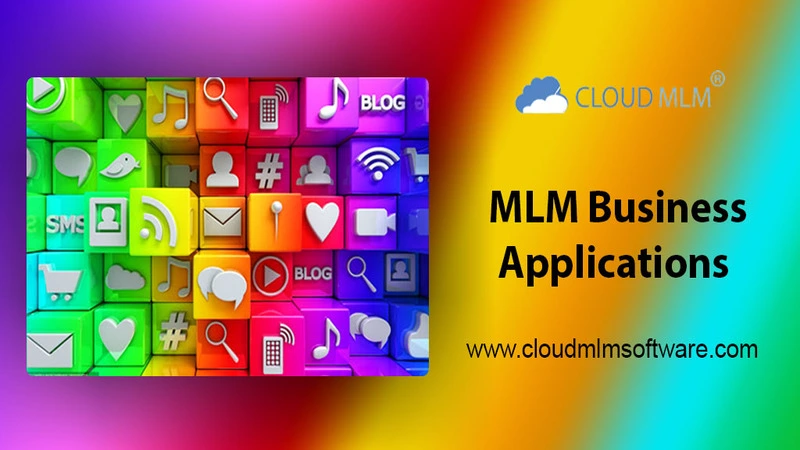Business applications – why and when?
Business application means any application or software that is significant to business users for running various business functions.

Business application means any application or software that is significant to business users for running various business functions.

Business application means any application or software that is significant to business users for running various business functions. The enterprises today are building business applications in the cloud, in order to increase revenue. Availability, flexibility, and agility are the main necessities of the applications. Companies of all sizes are running their business applications to simplify infrastructure management, lower cost, deploy more quickly, and increase revenue.
Becoming market leaders and gaining a viable circumference will require enterprises to reimagine how they design and manage applications. By redesigning applications enterprises can become more alert while elevating customer experiences in a secure atmosphere.
The fundamental incentive for business applications is to raise revenue by cutting expenditure or speeding the productive cycle. in early periods of white-collar business automation, bank cheque clearing and factory accounting software solutions were used in large mainframe computers. The factory accounting software was the most popular business software in the earliest period. It includes automation of general ledgers, cost accounting ledgers, accounts receivable and payable ledgers, and fixed assets inventory ledgers.
In the time early 1980 s, arrived new applications, such as CAD-CAM software or Computer-aided drafting for computer-aided manufacturing and project management software to replace the old fashioned drafting board .in this time companies use the word perfect business software and mathematical spreadsheet program like Lotus 1-2-3. later these are shifted to Microsoft word software and Microsoft excel.
Then in the 1990 s, the midst of globalism a new software SAP comes. It coordinates the supply chain of vendors, potentially worldwide, for the most efficient business of factory manufacture
There are various types of business applications. Determining which one is best for your business is not always easy and will often depend on:
Within the business environment, the business applications are categorized by small, medium, and large matrix.
In small businesses consist of home accounting software and office suites like Microsoft, open office.org
In medium-sized applications includes groupware, accounting, customer relationship management, shopping cart software, field service software, human resource management system, and other productivity-enhancing software.
In large size of business consists of enterprise-level applications, like enterprise content management, business process management, product life cycle management, and enterprise resource planning.
Based on the requirements business applications are categorized .i.e.
Interactive business applications This type of software has a graphical user interface or user interface. These users can query, modify, or input data and view results immediately.
Off the shelf [bespoke ]applications These applications are built in house and some are bought from vendors. It is either installed on desktops or on big servers.
Batch mode applications These types of applications are set up to run based on a pre determined event or time and a business user does not need to open them or monitor them.
Regard as using business applications such as the following to progress your business to the next level.
Customer relationship management These types of applications are intended to handle all aspects of prospect and customer commitment.
Line of business It is an important need to consider as your company grows up. This includes the lot from accounting to marketing to supply chain management.
Network management The important key of top and bottom-line business growth is to improve internal staff productivity. Keep away from old hardware and software, use hybrid or cloud solutions to improve business growth.
Today, all society needs to depend upon business application services so as to provide the desired outcome. Usually, business applications help businesses to measure or increase their productivity. Small businesses and corporations are used in business applications widely. In this time of technological advancement, the modernization of tools used to achieve various objectives. These help the end-users perform single or multiple tasks.
In addition, business applications are important components of the modern industry. These demands high investments and can deliver high returns. Surely it will enhance your business and your business success.
Experienced Research Analyst with in-depth knowledge of the MLM industry, including emerging trends and innovative strategies. Passionate about utilizing technology to drive growth and optimize business processes. Adept at analyzing market dynamics, delivering actionable insights, and staying ahead of industry developments.